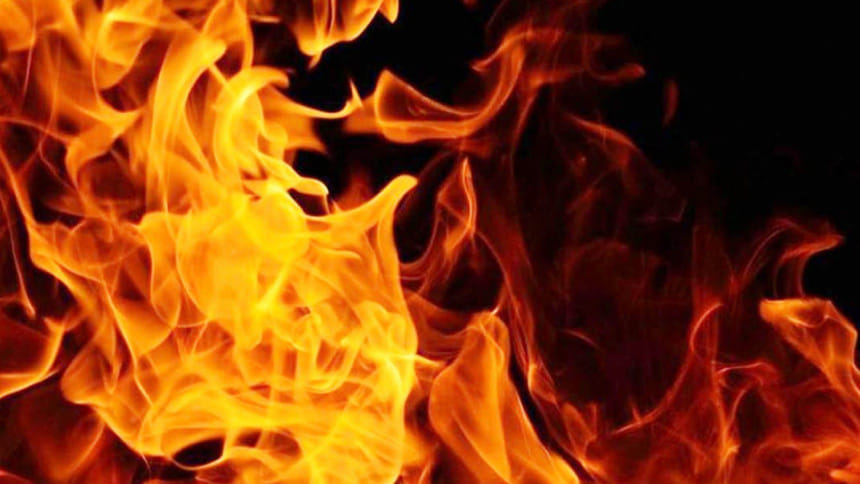Gas leaks 4th most blamed for fires

Leaky gas pipes were the fourth most common cause of fires reported last year, according to Fire Service and Civil Defence data.
Experts and firefighters said the number of fires linked to gas transmission has been on the rise.
Poor maintenance of the pipelines, illegal and often faulty connections, slow response from the authorities, and lack of people's awareness are the main causes behind the fires, they said.
In one such incident on September 4 last year, 33 people were killed in Narayanganj after cooking gas leaked from a pipe got trapped in a mosque and caught fire because of an electric spark during prayer time.
An investigation found that a leaky pipeline of the Titas gas was what fuelled the fire.
The issue of tragedies caused by faulty gas connections has again come to the fore after an explosion on Sunday night in the capital's Moghbazar left at least six people dead and 50 others injured.
Three probe committees have been formed and the cause of the explosion has yet to be ascertained.
However, Abul Kalam Azad, chief explosive inspector at the Department of Explosives, told reporters at the spot that there were signs of stray gas at the site.
Ali Iqbal Md Nurullah, managing director of Titas Gas Transmission and Distribution Company Ltd, said a gas tank, not a Titas pipe, was responsible for the blast.
According to fire service department data, at least 722 fires at gas transmission lines were reported last year. Firefighters had to work at 485 of those sites.
Those fires cost Tk 2.29 crore in damage and the firefighters were able to rescue assets worth Tk 40.53 crore, data shows.
A total of 21,073 fires were reported last year. Of those, electric wires caused 7,729, stoves 3,564, and smoking 3,465.
Debashis Bardhan, deputy director (operations and maintenance) at fire service, said fires from leaky gas pipes have been on the rise in such a scale that firefighters last year began to separately keep an account of the incidents.
There are illegal gas connections, where poor-quality pipes are being used. These become leaky and ultimately cause fires, he said.
Defective valves attached to gas tanks are also another reason behind such incidents, he added. Users and service providers have to be more cautious to prevent such incidents.
A government official, who worked at the Department of Explosives for a long time, said the lack of proper and regular maintenance and quick response from the service providers are responsible for such frequent incidents.
Many of such fire incidents can be prevented if users report leakages immediately and service providers act promptly, he said, wishing not to be named.

 For all latest news, follow The Daily Star's Google News channel.
For all latest news, follow The Daily Star's Google News channel. 



Comments